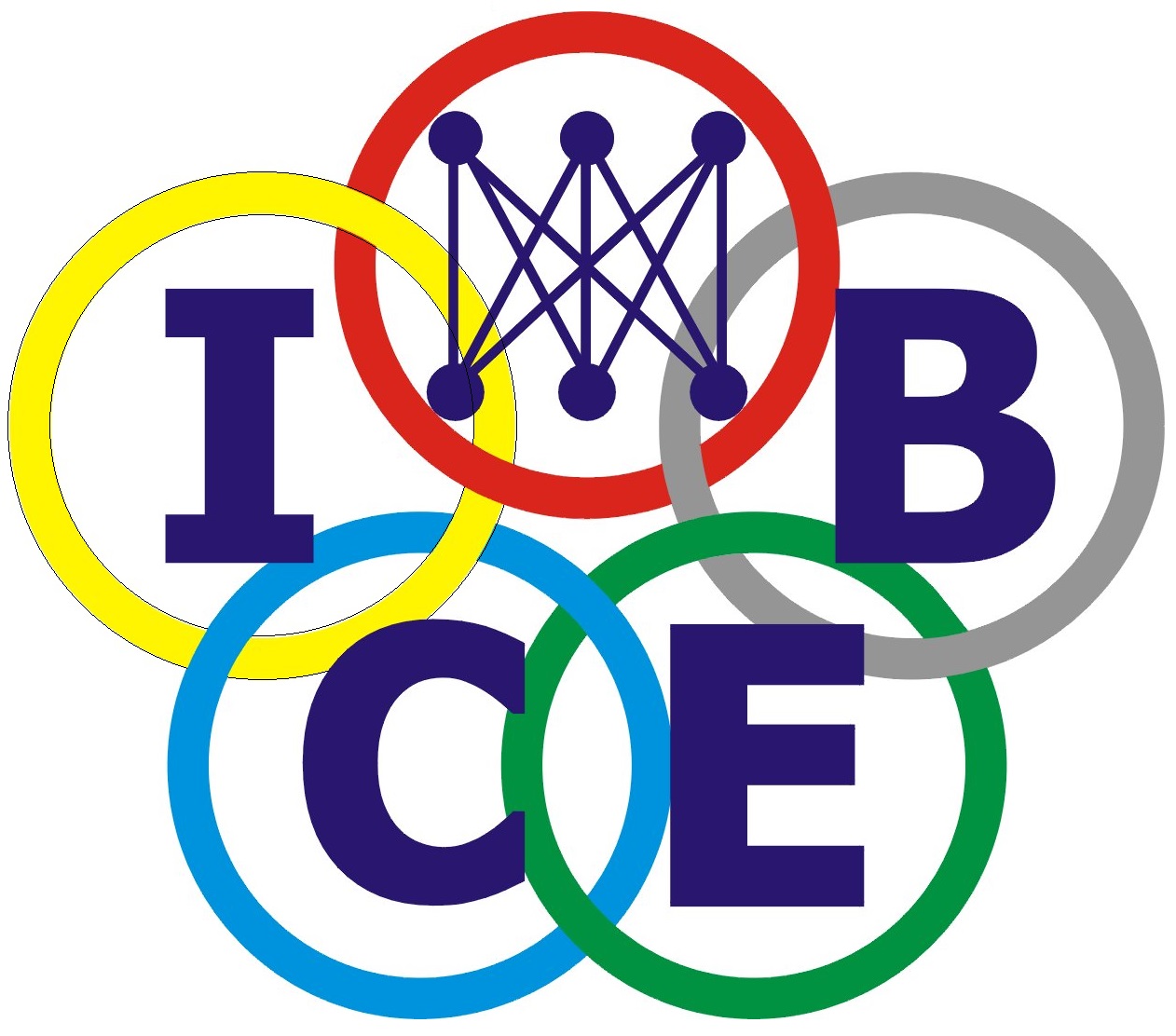Document Type
Article
Abstract
International tourism is a highly competitive and information-intensive industry. Customers need volumes of information for decision aids. Moreover, the decision-making processes are quite sensitive to the variables of personal preferences, the tourist industrial ecosystem, the legal regulations and political environments of destinations, the regional or global economic situations, the natural matters, and so on. Hence, the owners of tourism are motivated to upgrade the competitiveness of their businesses with information technologies. This paper intends to design the architecture of Web Services in international tourism, which can contribute to the forward integration in international tourism supply chains. First, the authors conduct an in-depth case study of a regional tour operator in Thailand. In the case study, we examine the strength, weakness, challenges visions, and strategic approaches of international tourism, and their relationships with the information systems in the tourist business. Then, this paper designs the architecture of Web Services in international tourism. The architecture is expected to improve the information transparency through the global tourism supply chain, construct business-to-business collaboration mechanism, provide efficient and effective information to tourists, and consequently contribute to forward integration in international tourism supply chains.
Recommended Citation
Huang, Chia-Hui; Kao, Han-Ying; and Li, Han-Lin, "Web Services for forward integration in international tourism supply chains: A case study of tourism in Thailand" (2003). ICEB 2003 Proceedings (Singapore). 53.
https://aisel.aisnet.org/iceb2003/53


